Elraglusib Shows Survival Benefit in First-Line Metastatic Pancreatic Cancer Trial
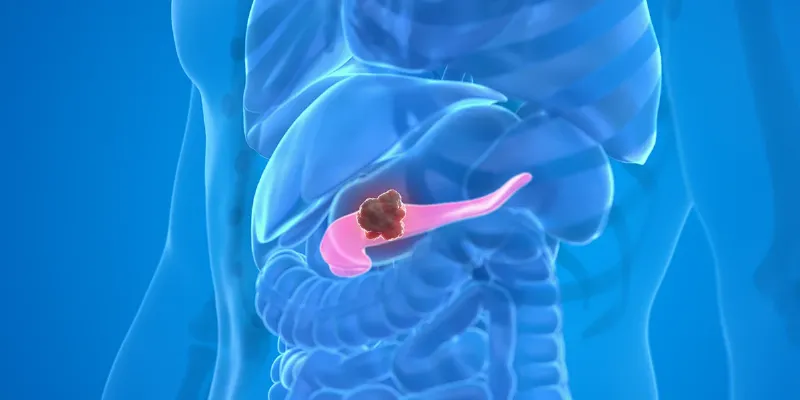
In a global 286-patient Phase 2 trial, elraglusib combined with gemcitabine/nab-paclitaxel significantly improved median overall survival in patients with metastatic pancreatic cancer, meeting its primary endpoint. The study also showed a higher 1-year survival rate and a favorable safety profile.
Actuate Therapeutics has announced statistically significant topline results from its global Phase 2 trial (Actuate-1801 Part 3B), revealing that the novel agent elraglusib—when combined with gemcitabine and nab-paclitaxel (GnP)—meaningfully improves survival in the first-line setting for patients with metastatic pancreatic ductal adenocarcinoma (mPDAC). Elraglusib, a GSK-3β inhibitor, targets key resistance pathways and will be presented at ASCO 2025, with regulatory discussions planned.
Randomizing 286 patients with previously untreated mPDAC in a 2:1 ratio, the study compared the standard GnP regimen against GnP in combination with elraglusib, a selective glycogen synthase kinase-3 beta (GSK-3β) inhibitor. The elraglusib combination arm demonstrated a statistically significant improvement in median overall survival—a rare achievement in this indication. Moreover, the 1-year survival rate, a critical milestone in mPDAC, was notably higher in the elraglusib arm, and the combination exhibited a favorable safety profile.
Targeting GSK-3β Inhibitor
Elraglusib, also known as 9-ING-41, represents a first-in-class, maleimide-based small molecule inhibitor of GSK-3β, a serine/threonine kinase deeply implicated in tumor biology. GSK-3β regulates diverse oncogenic pathways, including those involving NF-κB, β-catenin, c-Myc, and cyclin D1—factors that promote tumor proliferation, chemotherapy resistance, and epithelial-to-mesenchymal transition (EMT). Aberrant overexpression of GSK-3β has been linked to tumor progression in multiple solid tumors, including pancreatic, colon, ovarian, and glioblastoma.
“Pancreatic cancer is one of the most aggressive and difficult-to-treat malignancies, where patients urgently need new therapeutic options,” said Daniel Schmitt, CEO of Actuate. “Demonstrating statistically significant increases in both median overall survival and percent of patients reaching one-year survival and beyond, along with a favorable risk-benefit profile in this Phase 2 trial, further demonstrates elraglusib’s potential to shift the treatment paradigm in mPDAC. We are incredibly excited to present the topline data at ASCO.”
Elraglusib's mechanism is multifaceted: it downregulates NF-κB and its downstream anti-apoptotic targets (Bcl-2, Bcl-XL, XIAP), reduces proliferation signals, and modulates the immune response. These attributes position GSK-3β inhibition as a strategic node for overcoming therapeutic resistance in solid tumors.
While detailed survival data will be unveiled at ASCO, the topline results alone underscore the therapeutic promise. Not only did elraglusib meet its primary endpoint of overall survival, but secondary endpoints—including disease control rate (DCR), objective response rate (ORR), and progression-free survival (PFS)—are anticipated to further support the clinical benefit, pending full data disclosure.
A Favorable Risk-Benefit Profile
One of the most encouraging aspects of the trial is elraglusib’s tolerability. In an era where incremental gains often come with prohibitive toxicity, especially in a frail population like mPDAC, the favorable safety profile adds considerable value.
A Long-Needed Advance
Pancreatic cancer remains one of the deadliest malignancies, with a five-year survival rate lingering in the single digits. For over a decade, gemcitabine-based regimens such as GnP and FOLFIRINOX have remained the standard of care, with limited success in significantly extending survival.
Regulatory Pathways and Future Potential
Actuate Therapeutics has stated its intention to engage with U.S. and EU regulators in the second half of 2025 to expedite the development pathway toward NDA submission and commercialization. Should these efforts progress as anticipated, elraglusib could soon become the first new drug in over a decade to improve survival outcomes in first-line metastatic pancreatic cancer.
In a global 286-patient Phase 2 trial, elraglusib combined with gemcitabine/nab-paclitaxel significantly improved median overall survival in patients with metastatic pancreatic cancer, meeting its primary endpoint. The study also showed a higher 1-year survival rate and a favorable safety profile.






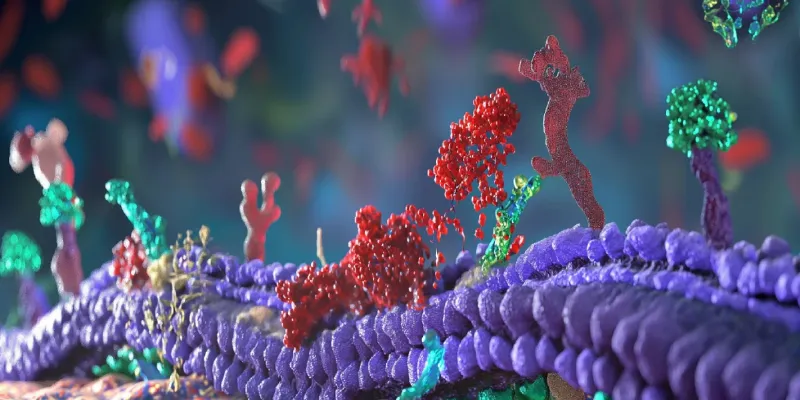
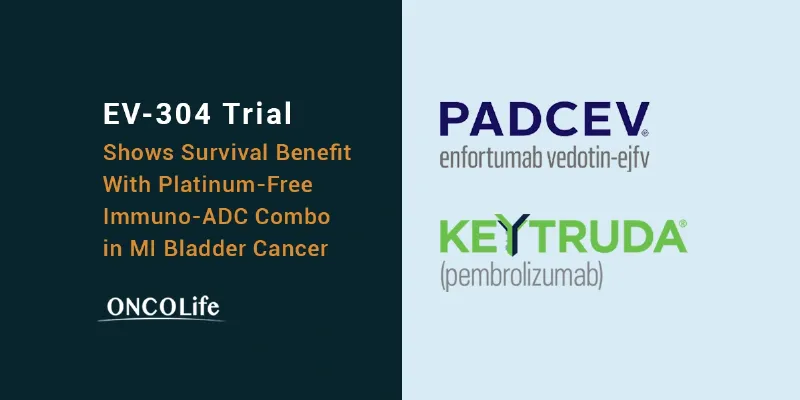

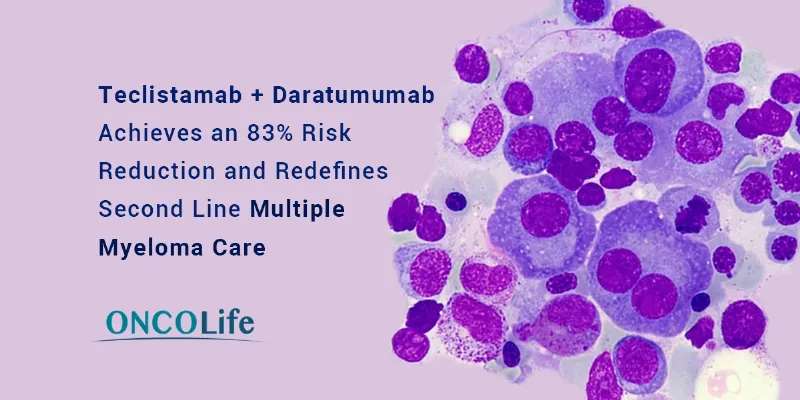
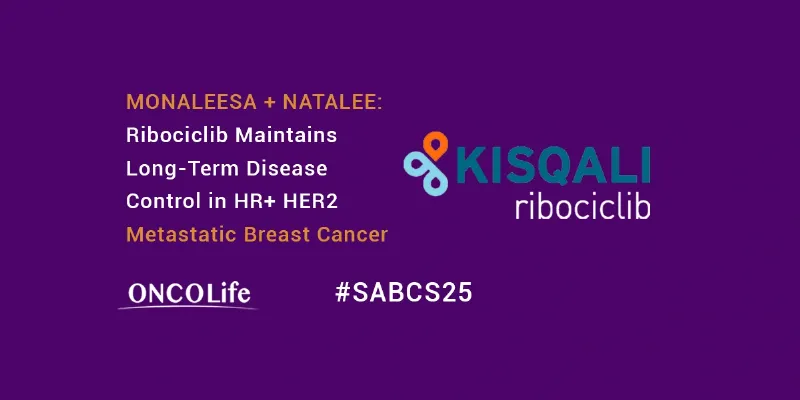
Comments
No Comments Yet!